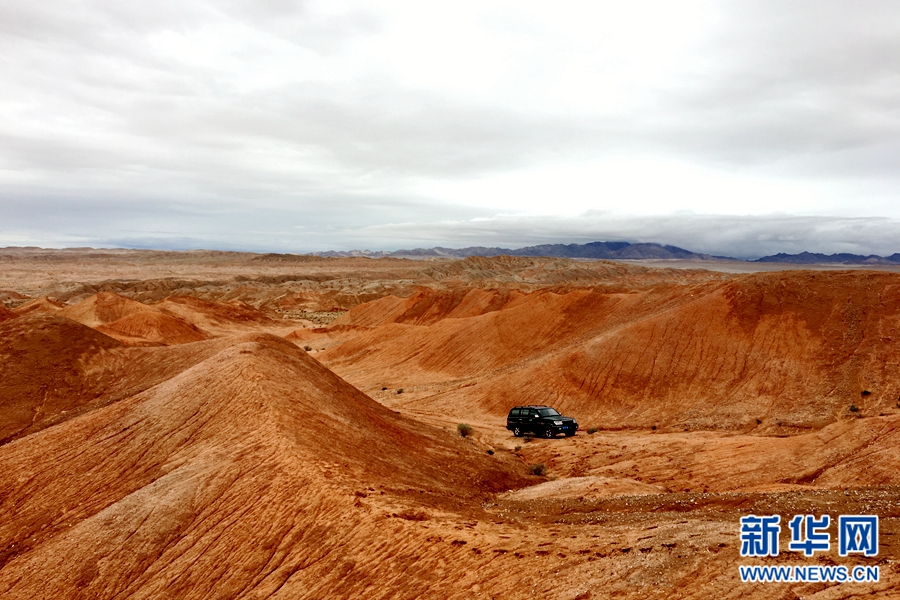Largest wholesale market in Beijing to close
After 25 years of operating in Fuchengmen, Tianyi Market, the largest small goods wholesale market in Beijing, will close on Sept. 16, 2017.
![Tianyi Market, the largest small goods wholesale market in Beijing, will close on Sept.19, 2017. [Photo by Gong Jie/China.org.cn] Tianyi Market, the largest small goods wholesale market in Beijing, will close on Sept.19, 2017. [Photo by Gong Jie/China.org.cn]](http://images.china.cn/attachement/jpg/site1007/20170906/f44d307d90cc1b19d35d0c.JPG) |
|
Tianyi Market, the largest small goods wholesale market in Beijing, will close on Sept.19, 2017. [Photo by Gong Jie/China.org.cn] |
It is part of a citywide crackdown on Beijing’s wholesale markets as part of efforts to decrease the population in the city. The low-end businesses and wholesale markets will be transferred to neighboring Hebei Province.
The Beijing government is planning to remove all of the wholesale markets within its Fourth Ring Road by 2020 in order to keep Beijing’s population under control.
Vendors will be compensated by Tianyi Market and relocated to Heibei.
“I have not found a new market to continue my business, but I think I will take a rest and then find a new market to do business in the future,” said Mrs. Li, a vendor in Tianyi Market.
Some vendors in Tianyi Market have already begun to move to online retailing. “We can use WeChat to inform customers of our new address, any other news as well as conduct sales,” said Mrs. Wang, who has been in Tianyi Market for more than ten years.
With the deadline approaching, many customers including foreign residents have come to find bargains as the vendors begin to clear their stock.
“Tianyi Market has always been my first choice because the quality of products are good and the price is cheap, and I can buy almost everything here,” said an old customer, who brought his foreign son-in-law and two grandsons to the market.
According to the Xicheng government, Tianyi’s closure will make space for technology, finance, and other high-end services.
![Three snow leopard cubs huddle in a cave in the Luoxu White-lipped Deer Nature Reserve in Shiqu county, Southwest China's Sichuan province. [Photo provided to chinadaily.com.cn] Three snow leopard cubs huddle in a cave in the Luoxu White-lipped Deer Nature Reserve in Shiqu county, Southwest China's Sichuan province. [Photo provided to chinadaily.com.cn]](http://images.china.cn/attachement/jpg/site1007/20170906/f44d307d90cc1b19911a01.jpg)
